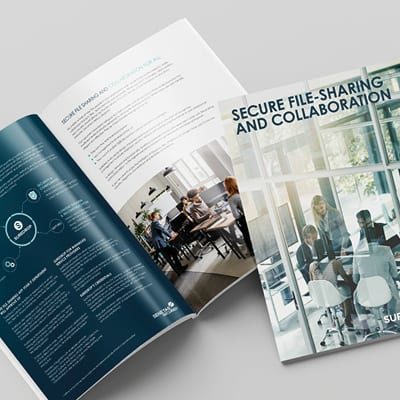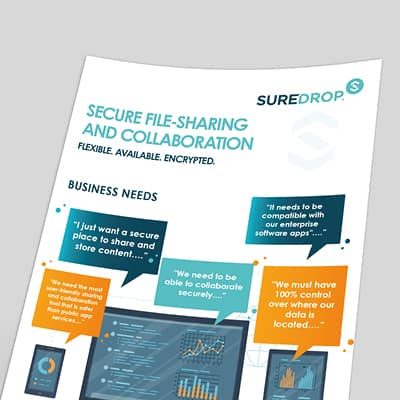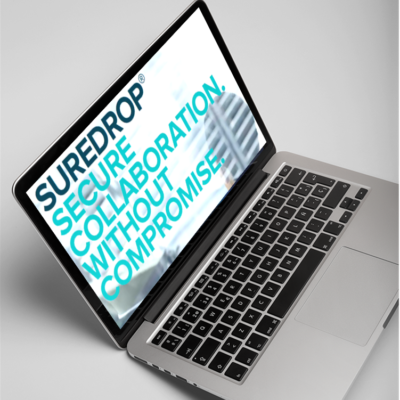The worldwide adoption of flexible or remote working, accelerated by the pandemic, has led to unprecedented demand for collaborative applications. Workloads, apps and data have been moved to the cloud and users have come to expect an effortless experience where they have 24/7 access to everything they need to carry out “business as usual”.
Ubiquitous, high-bandwidth connectivity means work has become something we do, not somewhere we go. However, with vast quantities of sensitive or confidential information being exchanged via collaboration platforms, there is the risk of sacrificing security for convenience.
Cybercriminals are acutely aware of the vulnerabilities remote working has exposed. There has been exponential growth in the number of attacks specifically engineered to target remote users in the new hybrid workforce. In an evolving threat landscape, collaboration needs to be considered from a security first perspective.
For more information regarding secure file sharing and storage, speak to one of our consultants today.
Putting security first
When it comes to collaboration, many solution providers will emphasise the importance of usability, convenience and familiarity. Granted, these are important, as a poor user experience will result in users “going grey” and utilising solutions that provide less friction. However, the biggest challenge facing IT departments is not whether users can collaborate or not, it’s whether they can collaborate securely.
Today’s IT infrastructure is characterised by borderless networks, cloud services, user-owned devices and big data applications. The volume, variety and vulnerability of data is what makes effective collaborate so challenging.
File sharing and collaboration can be a risky business, as it exposes potentially sensitive information to wide variety of threats. Ensuring collaboration takes place within a secure platform provides myriad benefits:
- Help regulated organizations meet their security and compliance obligations
- Prevent malicious outsiders from launching successful hack attacks
- Restrict access to proprietary or confidential information
- Mitigate the risk of business disruption arising from data loss
Data Sovereignty
With the increased use of public cloud infrastructure to support everyday file sharing and collaboration workflows, the issue of data sovereignty has come to the fore.
With the increasingly global nature of many organisations, where their data is held, and what rules and regulations it is subject to, has major implications for security and regulatory compliance. As data privacy and breach notification laws evolve, the location of data when stored in the cloud has become a major consideration. When leveraging public cloud infrastructure, organizations should seek a greater degree of transparency as to where their data is held.
SureDrop from Senetas is the encrypted file-sharing and collaboration platform that your IT department will love.
Best-In-Class Security | 100% Control Over Data Sovereignty | Full Microsoft 365 Integration






